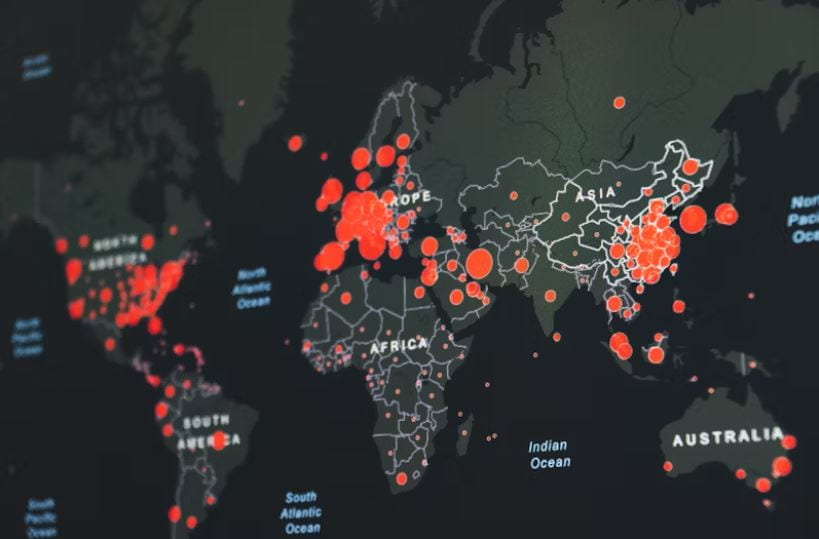
The World Health Organization (WHO) revealed its latest World Health Statistics through May 2024, showing that the COVID-19 pandemic led to a reversal in the upward trend in life expectancy. The organization’s data shows that the pandemic “wiped out nearly a decade of progress in improving life expectancy” within only two years—from 2019 to 2021. Global life expectancy is now at 71.4 years, a decrease of 1.8 years since the start of the pandemic.
WHO notes that some continents have had more profound effects, with regions in the Americas and East Asia showing the largest decrease in average life expectancy. In contrast, the Western Pacific regions saw minimal changes in average life expectancy since the beginning of the pandemic.
“We must remember how fragile progress can be. In just two years, the COVID-19 pandemic erased a decade of gains in life expectancy. That’s why the new Pandemic Agreement is so important: not only to strengthen global health security, but to protect long-term investments in health and promote equity within and between countries,” stated WHO Director-General Dr. Tedros Adhanom Ghebreyesus.
Additionally, WHO reported that noncommunicable diseases remain the leading cause of death both before and after the COVID-19 pandemic. Researchers have also noted significant increases in malnutrition and obesity that could be playing a role in the new life expectancy trend.
By Justin Goldberg
